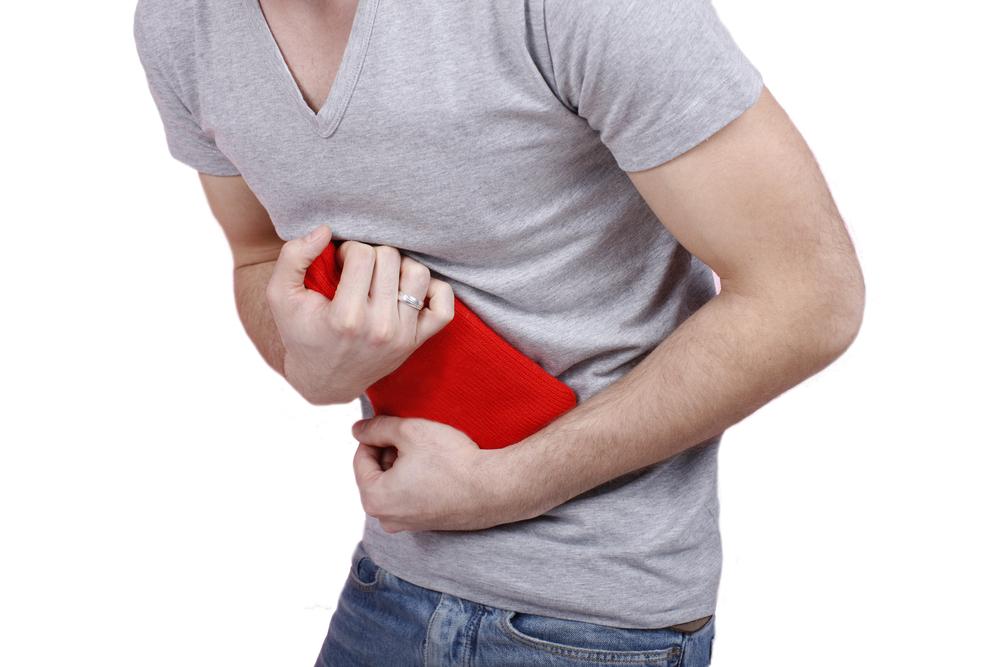Why One Should Worry About Diarrhea
Why one should worry about diarrhea
Diarrhea is, generally, self limiting. It would seize the body in a couple of days. However, if it continues for weeks it is of concern and needs to be looked in. It can be indicative of serious conditions like infections, inflammatory bowel syndrome and lesser irritable bowel syndrome. Whatever is underlying causes, one should call on his/her doctor.
Symptoms of diarrhea are loose, watery stools, fever, abdominal cramps and pain, blood in stools, bloating of abdomen, nausea and urgent need to move bowels.

Causes of diarrhea are mainly infections, certain medications, food intolerances like lactose and fructose. Infections can be bacteria like campylobacter, salmonella, shigella and Escherichia coli. Clostridium difficile infections can happen after taking a course of antibiotics. Parasites like Giardia lamblia and cryptosporidium can be causes of diarrhea. Viruses like Norwalk virus, cytomegalovirus and viral hepatitis can all be causes of diarrhea. Rotavirus is a common agent of acute childhood diarrhea.
Many medications like antibiotics can be one of the causes of diarrhea as they kill off both bad and good bacteria which upset the intestinal bacterial population causing diarrhea. Cancer drugs and antacids with magnesium can also be causes of diarrhea. Lack of enzymes that help digest certain foods can be deficient in certain people and cause intolerance to lactose and fructose. Abdominal surgeries cause diarrhea in some people. Artificial sweeteners like Sorbitol and mannitol, artificial sweetening agents found in chewing gums and other sugar-free products are causes of diarrhea in some people. Chronic diarrhea can be indicative of other serious diseases like Crohn’s disease, celiac disease, microscopic colitis, ulcerative colitis and irritable bowel syndrome.
Diarrhea can have serious complications the main being severe dehydration. Dehydration in adult is indicated by excessive thirst, lack of urination, dark to very dark colored urine, dry mouth or skin, fatigue, dizziness, weakness or light headedness. In children it is indicated by no wet diapers in three to four hours, Fever above 39 o C or above, crying without tears, drowsiness, irritability or unresponsiveness and sunken appearance in the abdomen, eyes, or cheeks.
Prevention is by good hygiene like frequent hand washing with soap and water, not taking cold food especially kept uncovered, vaccination against Rotavirus with an approved vaccine.
Diagnosis generally consists of a complete blood count, stool test to find out the offending organisms, Flexible sigmoidoscopy and colonoscopy. The last two allows the doctor to peek into the last lengths of the digestive system, the colon or large intestines which suffers from many abnormalities like ulcers, cancers etc. Both involve inserting a thin wire with a light and a magnifying lens to help the doctor to see things in detail. If need be the doctor can conduct a biopsy to collect tissue samples for further studies. Treatment consists, primarily, of making good the fluid and electrolytes lost. Generally, for adults, it is enough to drink plain boiled cooled water, broth and clear fruit juices. In case one is drinking water it is better to put in a pinch of salt and glucose. If one does not suffer from heart conditions and diabetes tender coconut water is ideal. In acute dehydration it may be necessary to supplement intravenously. In children it is better to use an oral rehydration solution. In more persistent diarrhea, the underlying cause is to be identified and treated. In case an antibiotic is causing the upset the doctor may change it or readjusts the dose. Over the counter medicines loperamide and bismuth subsalicylate can be used to control the diarrhea. There is a concern their use may prolong the condition as these medicines would reduce the elimination of the pathogens.
Certain diet can have a beneficial effect on diarrhea. Sipping clear fluids like diluted fruit juices without added sugar replaces the lost fluid as well as supply essential nutrients like potassium. Skinned potato and banana are also good. Drink the fluids between meals rather than with. After every bowel movement drink a cup of fluid to make up the lost fluid. One need to make up sodium too as it is also lost along the fluids thrown out. Broth, soups salted crackers fit in admirably. Another nutrient that is very helpful is soluble fiber which is abundant in oats meal, banana and rice. Probiotic have useful bacteria and is a useful item to fight diarrhea. Needless to say some foods have adverse contributions. Sugar, sugar free chemicals, mint and dairy items and items containing magnesium are some.


